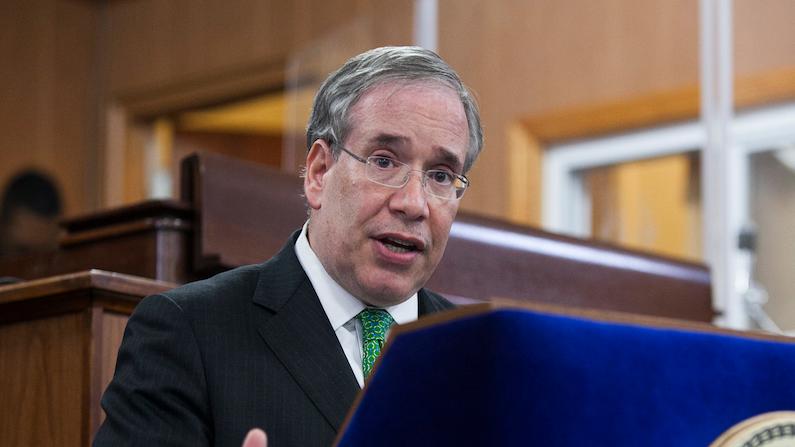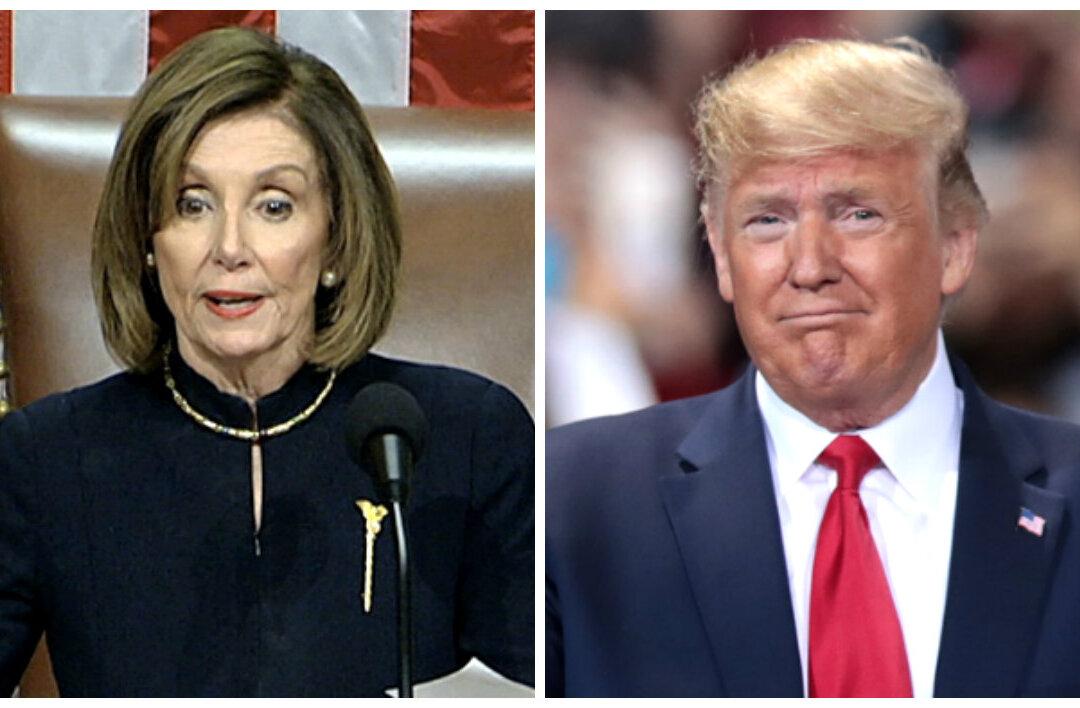On Sunday, New York Comptroller Scott Stringer announced an investigation of the agencies responsible for covering up a lead crisis in New York City’s public housing, calling the coverup “horrifying” and “outrageous.”
“This deception must end today,” he said in a statement. “It is horrifying that the Department of Health kept this information under wraps, and it is outrageous that the city continues to justify and minimize this scandal.”





